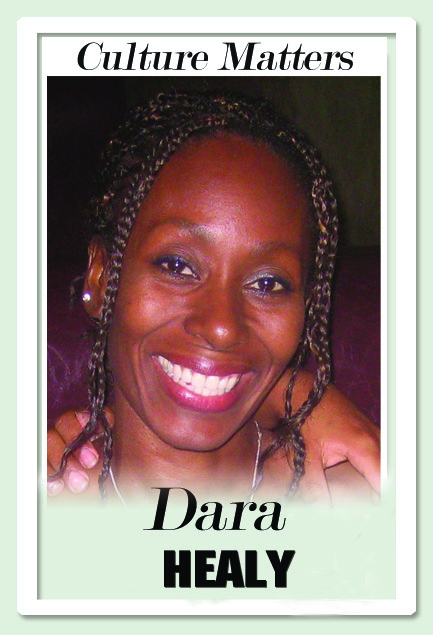Rediscovering meaning of humanity

Is staying apart actually helping us to rediscover the meaning of humanity? What else could explain the daily applause by hundreds of British and European citizens in acknowledgement of the sacrifices being made by health workers?
Or countless volunteers around the world willing to help the elderly? In your lifetime, would you have expected to see Cuban doctors receive a standing ovation as they enter a European country to provide medical care to those afflicted by the corona virus?
At home, artists have recognised the increase in anxiety and have been doing their part to keep citizens calm. A free Facebook concert by Kees last week had almost 85,000 views. Some, including elders like Peter Minshall, have been sharing their music, their art and their stories online. Others have come together to use their star power to send television messages about safe behaviour at this time.
It is not just the global socio-cultural balance that has shifted. We may soon need another vocabulary to describe this emerging world order. Social disruption has impacted the economic sphere to the point where this week the G20 group of nations announced a $5 trillion injection into the global economy.
Meanwhile, governments and the private sector have demonstrated their willingness to adopt extreme strategies such as deferring loan payments and increasing social security benefits to avoid complete economic collapse. In your lifetime, would you have expected to hear the words "billion" and "trillion" being used so often and not in relation to the wealthy?
Over time, artists have developed a symbiotic relationship between their creativity and the intimacy of an audience. There is still a powerful draw to notions of a John Coltrane playing his pain in a small, dimly lit club filled with patrons. Or sitting up close to Sam Selvon as he reads from Lonely Londoners.
But in 2020 such notions must change. Since experts predict that we are still several months from a vaccine, social distancing will need to continue. Thus, for the immediate future, creative output will need to be online. How will the creative sector adjust to this new paradigm?
Already, consumption of creative content is increasingly in that sphere. Internationally, some museums are in the process of digitising their collections, while a growing number of schools and institutions of learning have been launching online solutions for children; many of them including cultural and artistic modules.
This change is actually closer to what proponents of creative learning have been saying all along; that we need to radically transform the way we educate to allow our youth to keep pace with the world. The wider question must then be posed. As a developing nation, are we prepared for this shift?
Do we understand that we are being presented with an opportunity to reclaim the mental space of our citizens? The unquestioning acceptance of local programming as far back as the original TTT was a powerful indication that people want to see themselves on cinema screens and in their homes. Even the relative success of local films such as The Cutlass, Trafficked and Green Days by the River has not propelled the film, television or digital creative industries forward in a significant way.
Why should it matter? With people online looking for meaningful subject matter, there are opportunities to train citizens to deliver indigenous narratives, foster national pride and boost economic activity. But if we are to ever have a chance against foreign media behemoths like Disney, Netflix or Warner Brothers then we need to allocate resources towards generating our own content.
We have a chance to re-engineer how we learn about our history, our culture and instil pride in our environment and built heritage. After we take care of survival, we have an opportunity to reconfigure how we balance the online world and our human interaction with it.
Artists will always be able to reconceptualise how we understand humanity, how we engage with audiences, and what solutions we will offer through our work. The fact is, the longer we establish physical distance, the harder creatives will have to work. But that is ok. When the curtain finally closes on covid19, we will be aiming for the standing ovation.
Dara E. Healy is a performance artist, communications specialist and founder of the NGO, the Indigenous Creative Arts Network – ICAN.


Comments
"Rediscovering meaning of humanity"